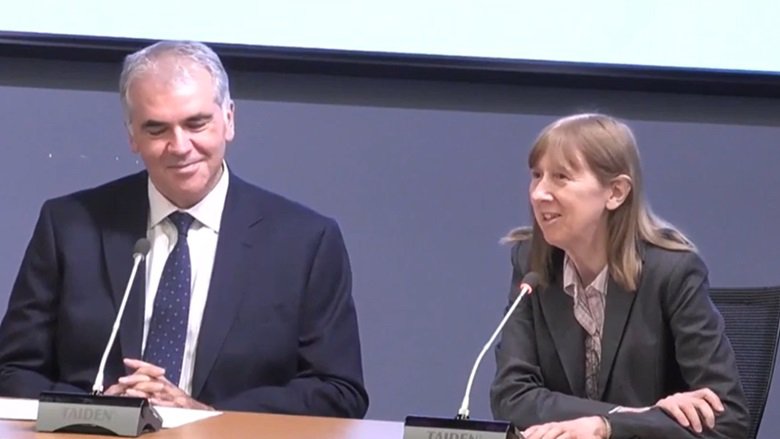This paper evaluates the impact of an employment subsidy scheme covering employers’ social contribution costs on registered employment in small firms in Turkey. It utilizes a rich, firm-level administrative data set with monthly frequency, which allows for closely following the dynamics of registered employment in firms before and after the implementation of the subsidy. The empirical approach utilizes the geographically targeted implementation of the subsidy to estimate its effects using a difference-in-difference specification. The paper finds that the subsidy scheme had a sizable and positive impact on registered employment in small firms. The results are robust across specifications and to the choice of the control group. Positive effects on formal employment are also fairly constant and sustained over time. Corroborative evidence suggests that the positive effects on registered employment are mainly driven by the formalization of existing workers as opposed to new job creation. Therefore, the results indicate that social security contribution subsidies in small firms can be effective in reducing informality in contexts where informal employment remains common.
Authors:
Gunes A. Asik, TOBB University of Economics and Technology
Laurent Bossavie, Social Protection & Jobs Global Practice, ECA
Jochen Kluve, KFW Development Bank, IZA, Humboldt University
Efsan Nas-Ozen, Social Protection & Jobs Global Practice, ECA
Metin Nebiler, Poverty & Equity Global Practice, ECA
Ana Maria Oviedo, Poverty & Equity Global Practice, AFR

